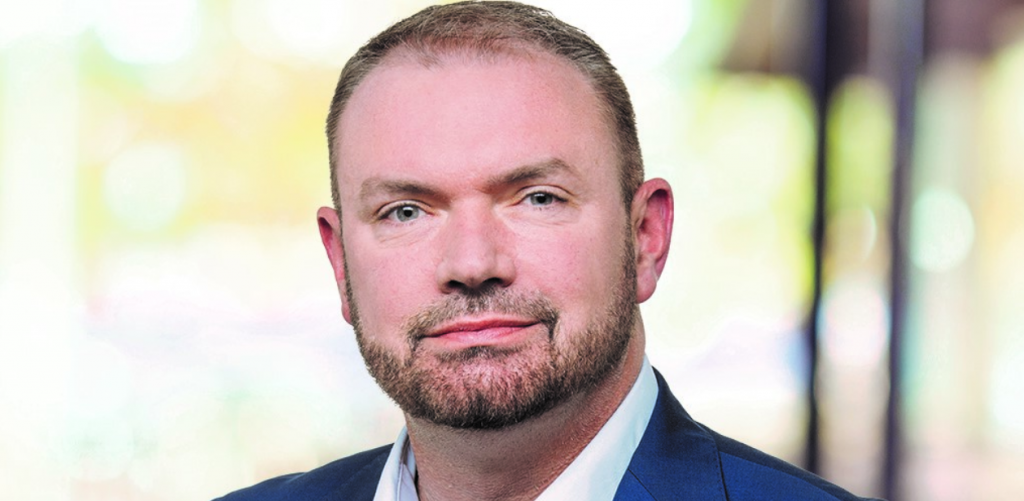There has been a 50% decrease in the number of people buying new protection cover, according to research from LV=.
Findings from the Wealth and Wellbeing Research Programme, a survey of 4,000 UK adults, showed that over the last three years, the number of people buying new protection cover had declined.
“Our data shows a decrease in the amount of people who have recently acquired protection cover (life insurance, income protection, critical illness) meaning fewer people and their families are protected from the financial impact of being unable to work due to illness or injury, a serious illness diagnosis or death,“ the insurer said.
“The percentage halved from 4% to 2% in the past three years. It’s understandable that consumers are cutting costs where they can, but it’s concerning that this could be leaving consumers and their families financially vulnerable.“
Onus on physical health
Meanwhile, 48% of UK adults are putting more focus on their physical health now than in 2020, according to the report.
“Since 2020, we found that nearly half of UK adults are putting more focus on their physical health. Many of us, especially parents of young children, are also prioritising family time,“ it continued.
“It is interesting that a similar proportion of the stretched middle are choosing not to focus on work at a time when more of them are facing financial difficulties.
“Only 18% are more focused on getting ahead at work while 20% say they are less focused on their careers. This may be a natural consequence of their stage in life or it could indicate a shift in priorities for this age group after the pandemic.”
The report added that after three years of living through the trials and tribulations of the pandemic and the cost of living crisis, it was clear that people wanted to take care of themselves.
It noted that almost half of adults surveyed were putting more focus on their physical health, in particular those with assets of between £100,000 and £500,000 excluding property.
On top of that, 40% are thinking about what they eat and 44% are thinking more about their mental health.
Finances deteriorating
Many British adults also saw their finances deteriorate in the three months to September despite signs financial resilience is stabilising, according to the research.
LV’s Wellness Tracker, which measures financial resilience by comparing the number of people who are financially comfortable with those who are struggling, only improved slightly from an all-time low of +15 in December 2022, to +17 in June.
“The latest research is clear evidence that ongoing cost pressures are taking a toll,” LV= said.
The research also showed that: four in 10 people continued to report feeling worried about increased food and utility costs while only 49% of the working age population were comfortably able to afford to pay their bills .
David Hynam, CEO of LV= (pictured) said: “Sadly, Christmas is becoming a financially worrying time for many, as increasingly we see people having to cut back on spending to meet the cost of day-to-day essentials.
“We’re cautiously optimistic things are beginning to improve but rebuilding families’ financial resilience could take a very long time.”
